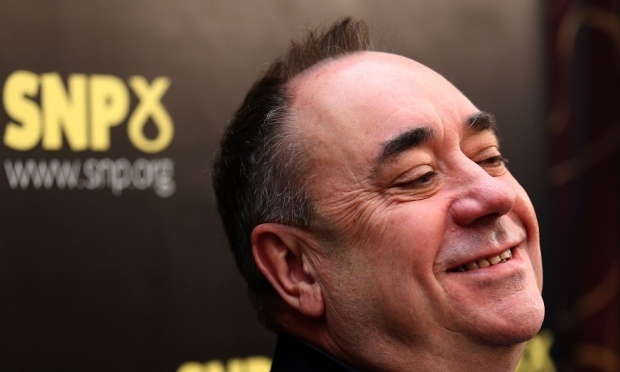The independence referendum may have raised passions and divided Scotland but new research by Dundee University has found voters on both sides were more similar than they might think.
In the run-up to and aftermath of the referendum, many Yes supporters were accused of voting emotionally while No voters were supposedly influenced by fear.
However, it turns out neither picture is really accurate.
Instead, the university’s research has shown people on both sides of the debate weighed up both emotional and practical factors before casting their ballots.
Experts in polling, social media and focus group research will present their findings from a qualitative study into voter behaviour in the independence referendum at the university on Saturday March 28.
The project team, led by Dr Edzia Carvalho of the politics programme at Dundee, conducted several focus groups with both Yes and No voters from the city in the aftermath of September’s vote.
“What surprised us were the similarities in how Yes and No voters talked about their decision-making process,” said Dr Carvalho.
“We saw Yes and No voters reporting they felt a duty to investigate the facts rationally before making up their minds, but the role of emotions was undoubtedly powerful.”
Dr Carvalho and Dr Kristi Winters from GESIS, Germany, will explore these and other factors that shaped people’s choice, with contributions from voters on both sides.
The impact of digital communication will be discussed by Dr Mark Shephard from the University of Strathclyde, while Steven Hope of Ipsos MORI Edinburgh will explore public opinion polls and the referendum. A Q&A session will follow the presentations.
The Scottish Referendum in Dundee: Looking Back, Looking Ahead’ takes place at 3pm at the D’Arcy Thompson Lecture Theatre, Tower Building on Saturday. Tickets are available here.
